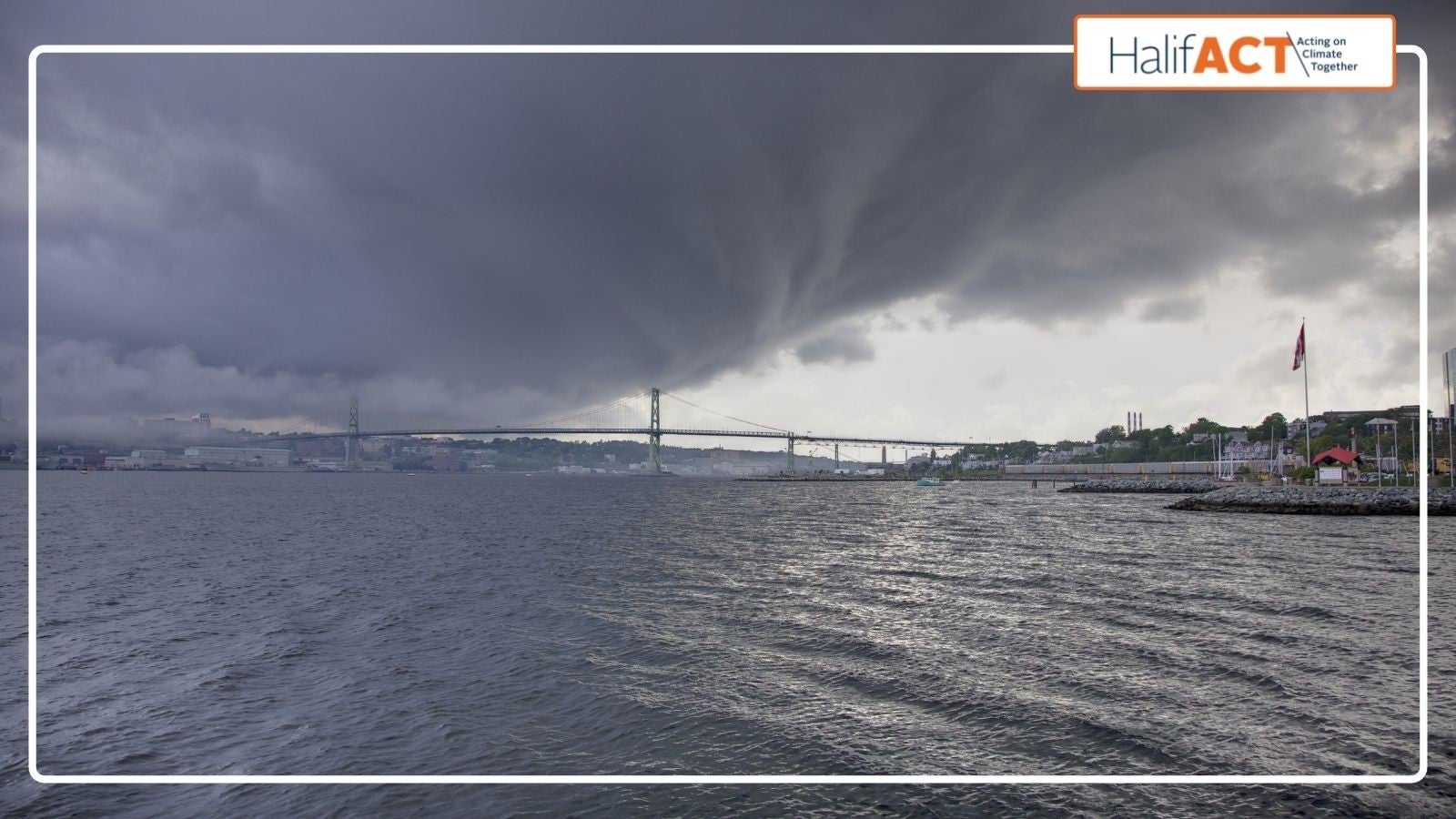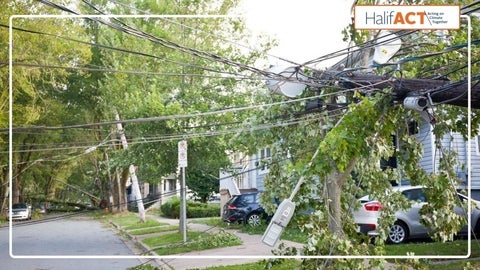What makes homes and buildings climate resilient?
Climate change is contributing to the frequency and severity of extreme weather events across Canada. How can we prepare our homes and buildings to be climate resilient? This is a question facing communities across the globe.
We need to better understand how to adapt our built environment to withstand natural hazard events.
Once we know what makes buildings climate resilient, we can invest in retrofits as well as grey and natural infrastructure to reduce disaster risks and impacts on people. And, over the longer term, climate-resilient retrofits will save property owners money and result in co-benefits such as improved health and reduced carbon pollution.
About the study
Halifax Regional Municipality (HRM) in Nova Scotia engaged Partners for Action at the University of Waterloo to do research on resilient retrofits for HRM specific natural hazards.
We are exploring what building features can withstand floods (overland, coastal), extreme precipitation, extreme winds, extreme heat, wildfires, drought, and snow and ice.
Our research team will provide a framework for thinking about the following:

-
Resilient retrofits: Elements of municipal, commercial and residential buildings that can withstand anticipated natural hazard events.
-
Initiatives that enable and encourage the adoption of resilient retrofits, such as programs, policies, financial incentives, stakeholder engagement, and education.
Contact
Learn more
If you have any questions about this study or are interested in collaborating on a project, please contact:
Sharmalene Mendis-Millard
Senior Manager, Research Partnerships and Evaluation
sharmalene.mendis-millard@uwaterloo.ca


Team
Sharmalene Mendis-Millard
Sharmalene Mendis-Millard (she/her) is a mixed-methods geographer who is passionate about non-profits and harnessing the resources of academia for community benefit. She worked for several interdisciplinary research centres that aim to advance community well-being and social justice through community partnerships, program evaluations, and learning opportunities, and helped develop the pilot RAIN program to engage communities in stormwater management at Reep Green Solutions Sharmalene now focuses on multi-hazard resilient retrofits, and equity in climate risk reduction and adaptation.
sharmalene.mendis-millard@uwaterloo.ca
Office: evolv1
Sharmalene's profile and LinkedIn
Tyler Hull
Tyler is a Ph.D. Candidate in Civil and Environmental Engineering and part of the Structural Timber and Applied Research Team led by Dr. Daniel Lacroix. He led two winning structural design competition submissions, including the top prize in the student category of “Build the (Im)possible,” an international competition to increase the visibility of mass timber innovation. His research focuses on the advancement of the wood construction as a sustainable alternative to concrete and steel.

